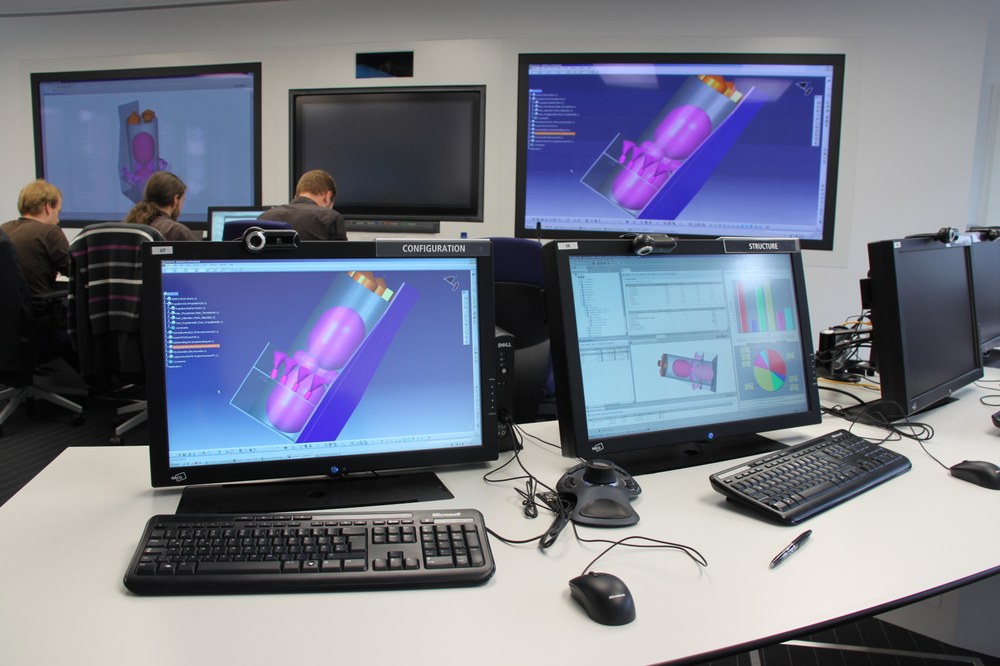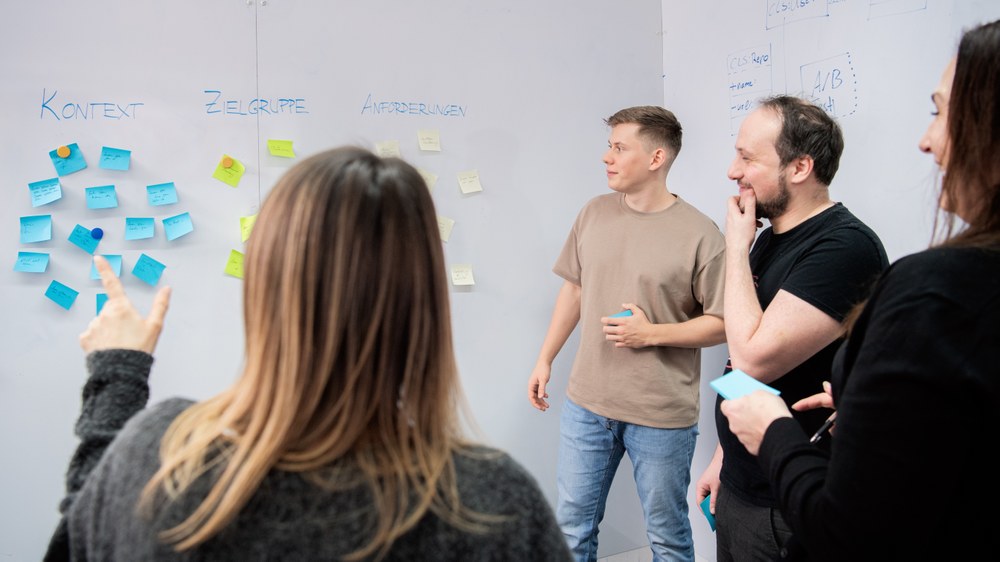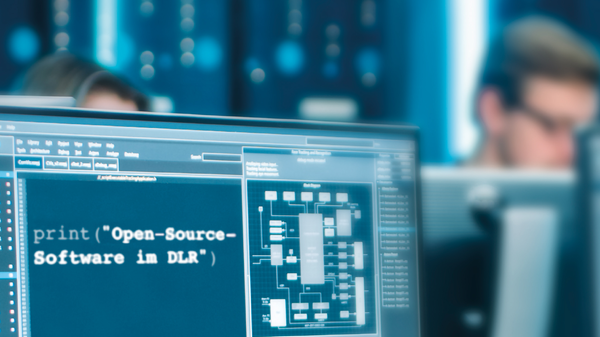Systems engineering is an interdisciplinary approach for the design, development and management of complex systems. It aims to holistically understand and optimise the requirements, functions and characteristics of a system to ensure that it operates effectively and meets the needs of its stakeholders. It considers technical, economic, social and organisational factors to design and implement reliable, efficient and cost-effective systems.
Software engineering is an important part of systems engineering that focuses on the design, implementation and maintenance of software components. It helps to optimise the functions and performance of the overall system and to ensure that the software components interact seamlessly with other system components.
Cutting-edge research with the help of high-quality software

The growing demands on software solutions for complex systems increasingly require aspects such as robustness and security to be considered. This is based on the complexity increase of research questions as well as of the digitalisation and interconnection of research processes. Most of the institutes and facilities of the German Aerospace Center (DLR) work on complex technical systems such as spacecraft, aircraft and energy systems. This requires sophisticated software.
The activities of the Institute of Software Technology aim to enable DLR researchers to develop high-quality, application-specific software and systems in order to carry out cutting-edge research.
Data consistency throughout the system lifecycle is particularly important. Reducing the number of interfaces in development processes and standardising information leads to greater fault tolerance. This not only has a positive effect on development times, but also on the end products.

Focusing on what researchers need
Empirical software engineering also considers the role of researchers. The needs and requirements are evaluated and the methods, procedures and tools of classical software engineering are adapted to them. The aim is to create an environment in which researchers can concentrate on their primary research activities through efficient development work.

The Institute of Software Technology pursues these goals through a variety of activities:
- Transfer of software engineering methods to scientific research (Research Software Engineering)
- Empirical software engineering to conduct case studies and experiments to evaluate methods
- Development and implementation of support activities such as guidelines, training and consulting services for scientists
- Developing and designing architectures for complex software systems such as clouds, hybrid systems and platforms
- Designing distributed, decentralised software systems
- Design of service-based systems based on containerisation
- Modelling and analysis of complex systems
- Supporting the development of digital twins for the entire life cycle of space systems



